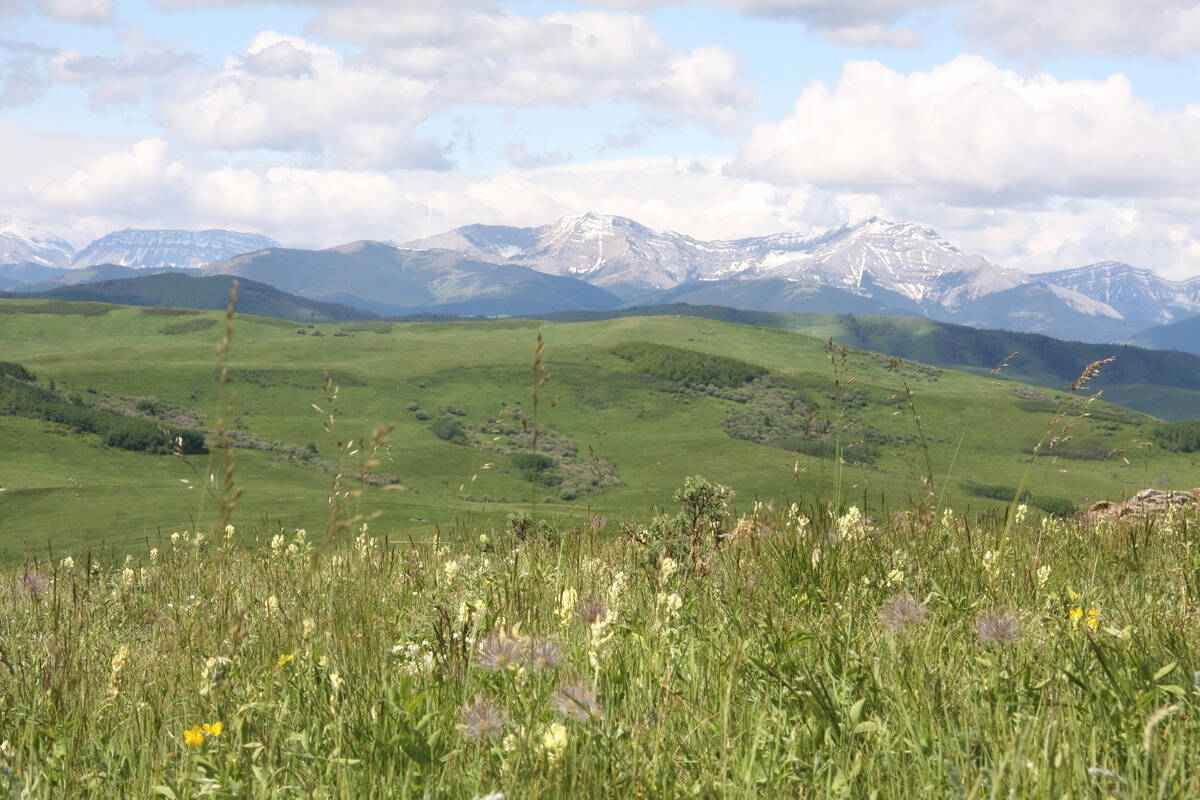Import restrictions | Countries are demanding concessions for a seat at the Pacific trade talks
Dairy farmers have rejected a recommendation that Canada should offer supply management import liberalization as the price for joining new trade talks.
However, a Dairy Farmers of Canada representative also notes that the report from former negotiator Michael Gifford highlights the fact that other countries, including the United States, maintain protected agricultural sectors.
Therese Beaulieu, assistant director of strategic communications for DFC, said Gifford’s analysis was “fairly balanced,” even if it drew some faulty conclusions.
She said the organization adamantly rejects the idea of expanding tariff rate quota (TRQ) import levels to give Canada a seat at the Trans-Pacific Partnership trade liberalization talks.
Read Also

Selenium not deal breaker in coal mining: expert
Environmental scientist weighs in on coal mining debates in Western Canada, explaining selenium and the technologies and practices to lower its concentrations in nearby waterways to coal mining operations
“No, absolutely not,” said Beaulieu. “We support the government in their position that that we will not pre-negotiate anything.”
In a paper published by the Canadian Council of Chief Executives, Gifford argued that Canada must be part of Asian trade talks for the sake of the 80 percent of agriculture that exports and should not be held hostage to supply management protectionism.
He said that means making concession on the demand by the U.S., Australia and New Zealand that rigid import restrictions for dairy and poultry be eased.
With imports now representing a small share of the domestic market, “there is scope to provide expanded import opportunities for all supply-managed sectors,” Gifford wrote.
“The pragmatic question is not whether supply management can survive partial liberalization, but rather what changes may be necessary to allow the system to coexist with a more open but still protected trading environment.”
An increase in TRQ entry levels would leave high over-quota tariffs in place.
Gifford suggested that high commodity prices for export sectors would allow government to use savings in farm safety net payments to subsidize dairy and poultry farmers during their transition.
Beaulieu said that analysis is flawed because commodity prices rise and fall and government support will eventually be needed again.














